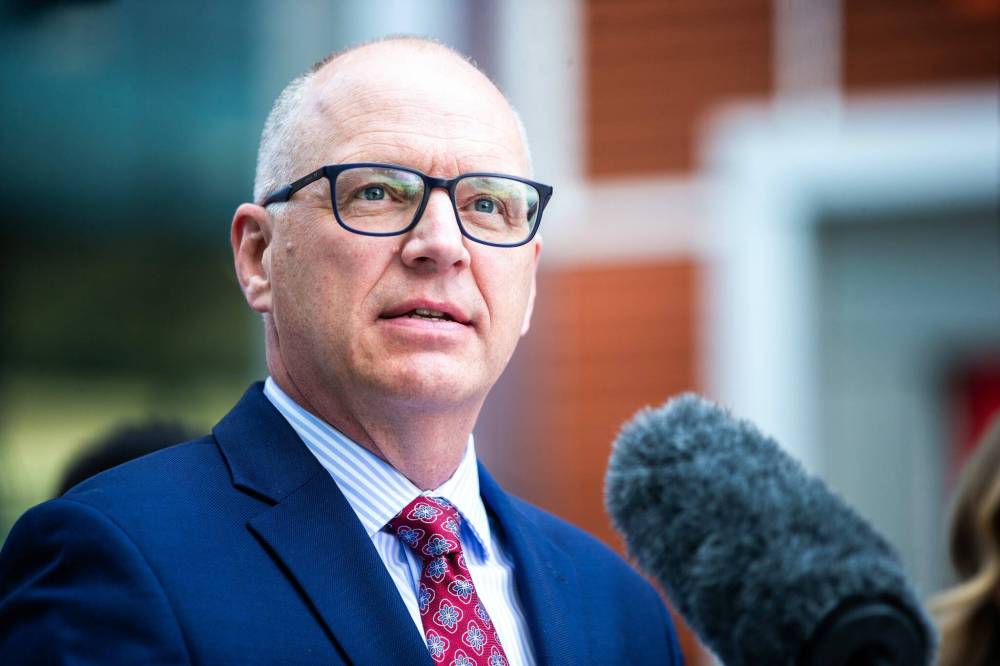Winnipeg Mayor Joins Advocates Calling for Mental Health Emergency Service
As cities across Canada and the U.S. explore alternatives to traditional police-led wellness checks, Winnipeg Mayor Scott Gillingham has called for a dedicated mental health emergency service. This push comes amidst a growing demand for more compassionate, community-focused responses to mental health crises.
A Growing Need for Change
In 2023, Winnipeg police received over 21,000 calls for wellness checks—the city’s most frequent request for service for the fourth consecutive year. Mayor Gillingham emphasized the urgent need for a tailored response system, stating, “When someone calls 911, we need to make sure we’re sending the right agency to respond to their need.”
The need for reform was highlighted by recent tragedies, including deaths during police interactions involving individuals in mental distress. These cases, currently under investigation by Manitoba’s police watchdog, have intensified calls for non-police alternatives.
Models of Success in Other Cities
Toronto and several cities in British Columbia have already adopted alternative crisis response models. The Toronto Community Crisis Service (TCCS), launched in 2022, deploys two mental health clinicians to handle non-violent crisis calls. This initiative, now permanent and citywide, has successfully diverted 98% of its 6,827 calls in its first year without police involvement.
In British Columbia, teams trained in de-escalation and situational awareness respond to mental health crises in areas like Victoria and North Vancouver. These models have been praised for reducing police involvement to just 1% of cases, offering a less stigmatizing and more supportive experience for those in crisis.
Lessons from the U.S.
The U.S.-based CAHOOTS program in Eugene, Oregon, has been a pioneer since 1989. Operated by mental health and medical professionals, this service handles calls related to welfare checks, public intoxication, and more. CAHOOTS has demonstrated the effectiveness of a community-centered approach to mental health emergencies.
Challenges and Path Forward
Despite the success of these programs, funding and resource constraints remain significant hurdles. Advocates, including Jonny Morris of the Canadian Mental Health Association, highlight the need for more crisis beds, shelter spaces, and mental health workers.
In Winnipeg, Mayor Gillingham has urged the provincial government to amend the Mental Health Act to support the creation of a fourth emergency service dedicated to mental health. While Premier Wab Kinew has committed to bolstering mental health supports, including funding for police-adjacent mental health staff, he has yet to commit to this specific initiative.
Conclusion
With mental health crises on the rise, Winnipeg stands at a crossroads. Learning from successful models in Toronto, B.C., and beyond, the city has an opportunity to lead in creating a compassionate, effective response system. Advocates argue that addressing these challenges now could prevent future crises and save lives.
Source : Swifteradio.com


